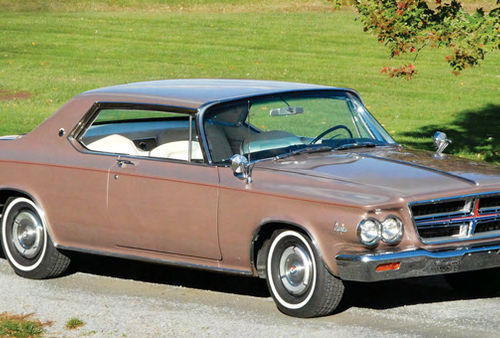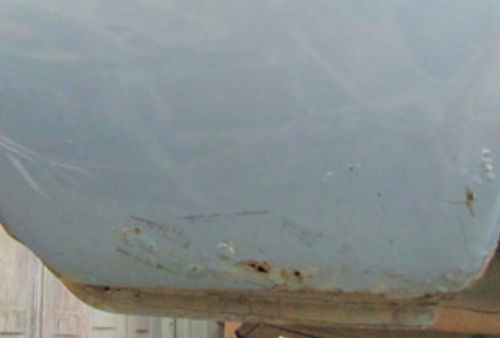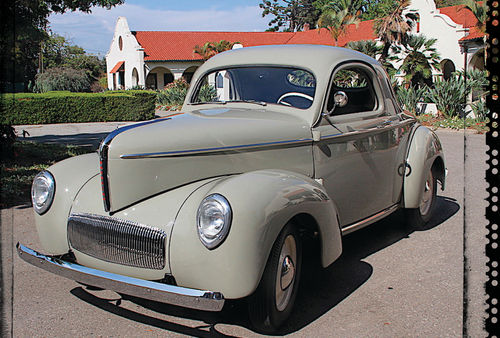About those wheel nut torque numbers...
Question:
Can you clarify a situation that has always left me confused, namely wheel nut or bolt torque values on cars? Back in the days before torque wrenches were common I was told to tighten lug nuts until they “popped.” This assumed you were tightening unplated nuts on steel wheels with no lubrication. Now we deal with steel and aluminum wheels, plated and un-plated nuts or bolts, and drum or disk brakes where there may be concerns about warping. Also, some instructions specify dry (not lubricated) surfaces but I learned a long time ago that it’s impossible to obtain correct torque values with dry threads.
Some instructions call for different values depending on wheel material, other owner’s manuals call for the same torque on vehicles where steel or alloy wheels are optional.
I have manuals that specify 65 lb.-ft. of torque for one model car and 80 lb.-ft. of torque for another model of very similar size and weight.
Is the default advice to go with the wheel supplier or vehicle manufacturer’s torque specifications?
If torque values were critical, vehicle manufacturers would supply torque wrenches together with the jack for emergency wheel changes or be legally responsible in case of an accident caused by improper nut or bolt tightening.
Answer:
The torque value is primarily related to the fastener, not the specifics of the wheel or the size or nature of the vehicle. There is, of course, normally a correlation between the wheel fastener torque value and the wheel specifications and vehicle characteristics.
A significantly heavier vehicle, for example, will normally have larger, stronger wheel hardware and larger, stronger wheel fasteners will normally have a higher torque specification.
Regarding the question of whether the threads should be lubricated before tightening the fastener to the specified torque, more often than not the torque value is supposed to be obtained without any lubrication. The application of lubrication will change the point at which a given torque value is reached and different lubricants will have a different impact on the point at which the torque value is reached.
This is why, for highly critical situations that do require lubrication, the torque value will be specified with a given amount of a specific lubricant. That is, if a torque value is specified at all.
In highly critical situations tightening specifications are more often given as a fastener stretch dimension.
For example, when a nut is tightened on a bolt that bolt will actually elongate and the amount by which it elongates is an accurate way to gauge how tight the nut is.
As far as the importance of actually tightening the wheel fasteners to the specified torque, there’s obviously a broad range of torque that will work without causing a catastrophe. Even so, you should always tighten wheel fasteners (and all fasteners in your vehicle) to the manufacturer’s specified torque. If there are conflicting specifications I would normally follow those given by the vehicle manufacturer as long as the wheel hubs and fasteners have not been changed.















